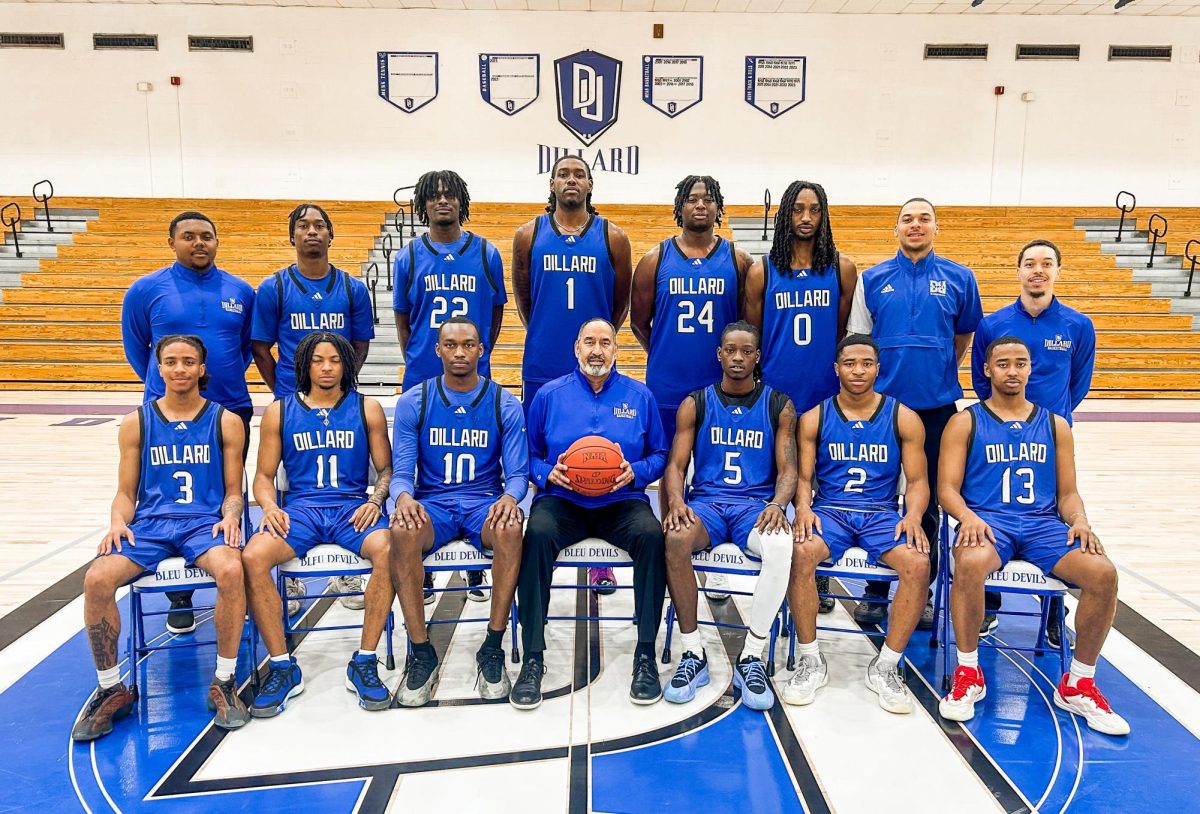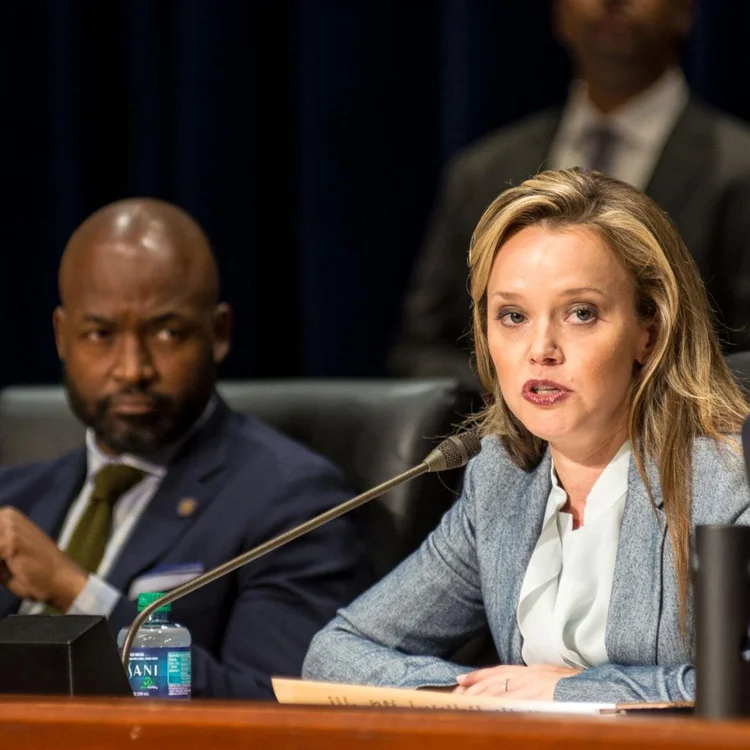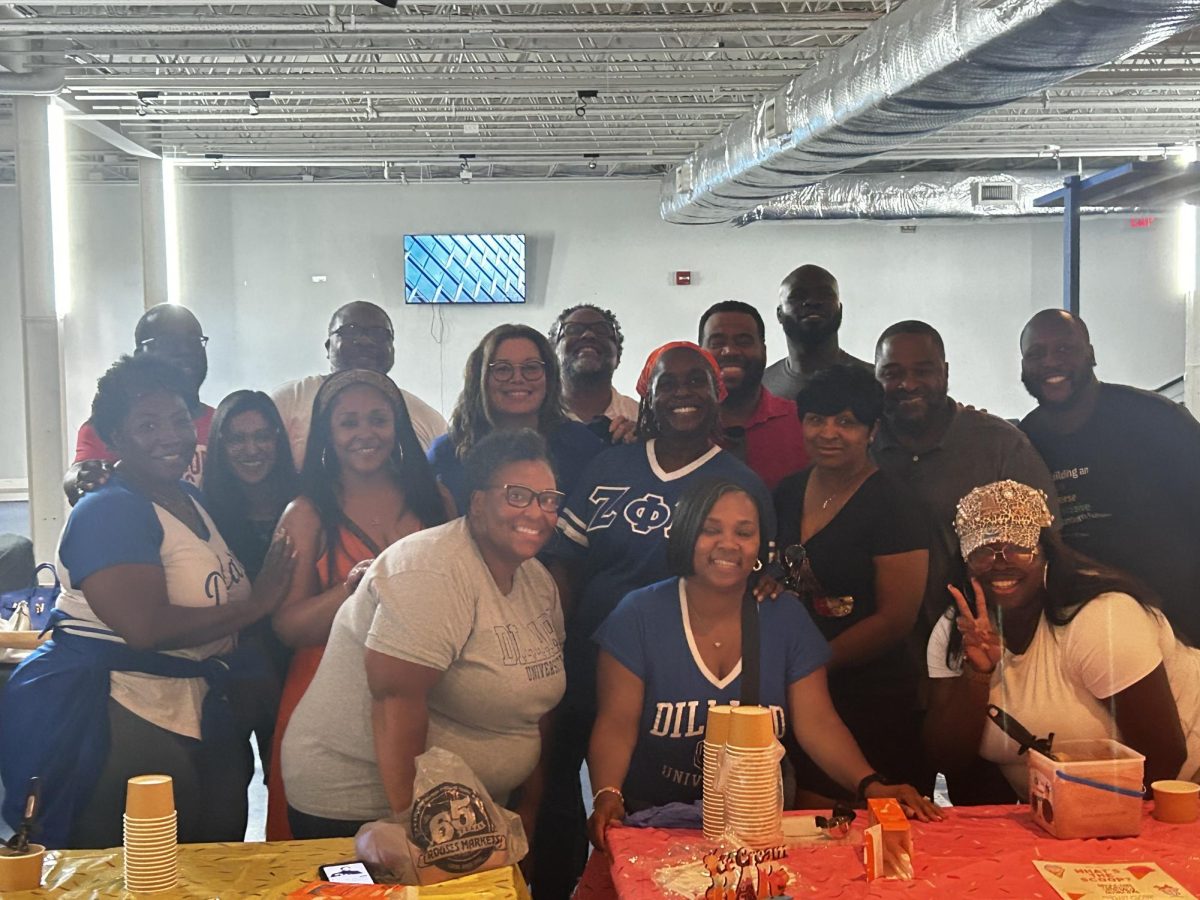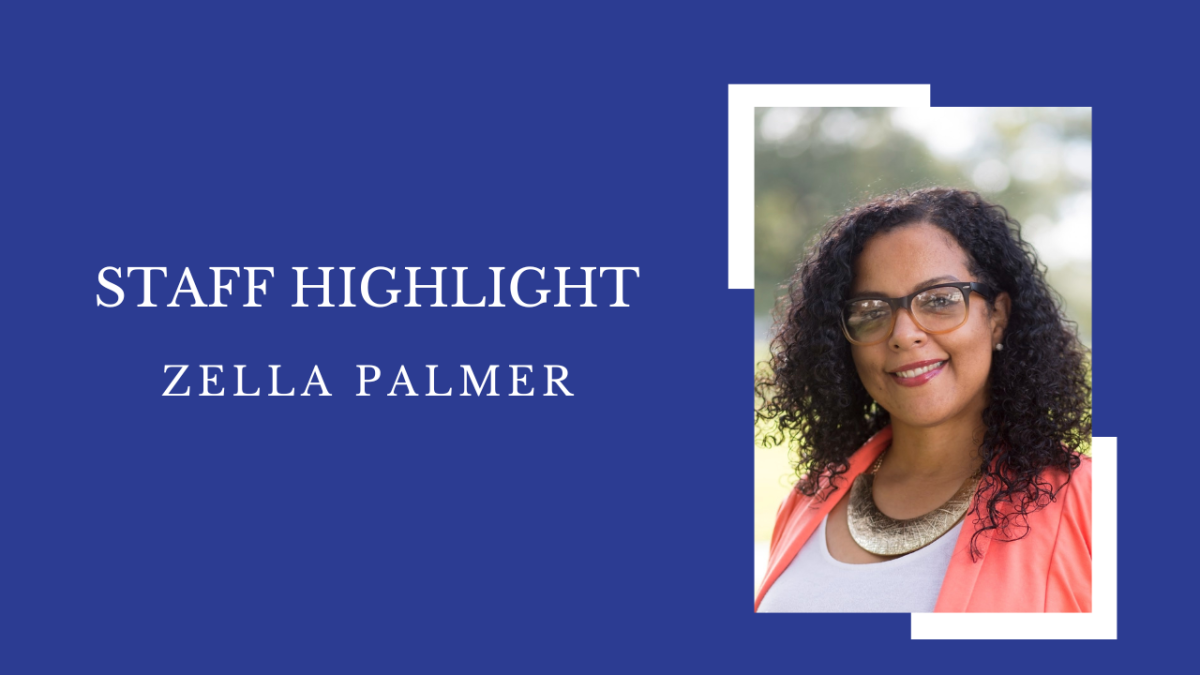For Dillard University’s roughly 70 percent female student body, being chased and attacked by a stray duck at the duck pond posed more of a threat to their well being than any other menace on campus. That is how safe they feel surrounded by gleaming white and spacious green.
But this safety color scheme all but fades once they step out into crime-ridden New Orleans. The word rape, seldom heard on campus, becomes very real.
Over the course of this semester, one freshman female Dillard student was allegedly raped, but not on Dillard’s campus, according to Maureen Larkins, director of the office of communications at Dillard.
"Students need to be very cautious because you can’t meet someone for the first time and then go out with them without being more diligent," said Larkins, referring to the incident.
The student left campus and had an alleged altercation with a male outsider to the university, Larkins said. Once the incident was reported, the university assisted the student with counseling and filing reports with the New Orleans Police Department, as rape is a federal offense, according to Larkins.
"First of all, the university takes seriously any acts of violence," Larkins said, "And we encourage students who have been victims of violence or who know of any student who has been a victim of violence to report the incident."
Larkins said under new Dillard chief of police Jacqueline Bumpas, safety measures are being enhanced. Surveillance cameras were placed strategically around campus and Dillard police officers have increased foot patrol. Larkins said that when students are removed from Dillard’s watch, it is their own discretion that will keep them out of harm’s way.
Since the incident, faculty and groups on campus have cautioned the female student body to guard themselves against a potential rape situation.
Porsha Beasley, a freshman from Augusta, Ga., said she does not see rape as a possible threat to her at Dillard.
"While I’m on campus, I never feel threatened, but I do feel a threat that random people can come on the campus at anytime," Beasley said.
For Beasley, a chemistry major who resides in Camphor Hall, when she makes trips downtown with her friends, they take care to put their guards up.
But if a rape situation were to occur either with her or her friends, she said she would be lost as to what steps to take.
"I have no idea where to go if something like that happened to me," she said.
There is help for rape victims on campus, according to Dillard’s nurse Adrienne Gill.
Students can call the Health Services department on campus and either speak to a counselor or directly with her, she said.
The department has two counselors, Dr. Armond A. Devezin, a clinical psychologist, and Lakesia Cohen, a licensed mental health professional counselor, who are both trained to deal with rape victims.
According to Devezin, students have the option to seek counseling with either the female counselor, Cohen, or the male counselor, himself. If they wish to receive medical assessment, then Gill’s services will be required.
The situation is not only handled by Dillard’s health services. Gill said the NOPD and DUPD would then have to get involved at this point, as rape is a federal offense.
The student would then be taken to Charity Hospital to have specimens taken by a rape kit. Gill said students are encouraged not to bathe after the incident to facilitate this process.
"Our job is to assist with mental help and regrouping and the re-socialization process," Gill said.
Regular visits to the counselors could be set after the initial assessment, but Gill said it is up to the student to comply.
Larkins said it is also up to students to take precautions to avoid the situation in the first place.
"Students can be aware of their surroundings and if they need an escort to call campus police if they feel unsafe," she said.
Last year, the university sponsored a series of activities to heighten awareness on campus about rape, where officers from the NOPD’s rape unit educated students on the subject.
Larkins said students can also make use of Dillard’s Behavior, Health and Counseling services in the Health Services Department where students can be self-referred, or encouraged by a member of staff or guardian to receive the confidential services.
Larkins said that for students who may have found themselves in the unfortunate situation of being a rape victim, despite whether they were cautious or not, it is still a damaging psychological situation, and students should come forth to the appropriate authorities.
"No matter what the situation is, ‘No means no,’" Larkins said. "More than physical healing has to take place, it needs to be investigated and the person needs to be prosecuted."
Larkins gives a reminder to students as a lesson to be learned from the incident.
"Be careful in New Orleans. Be cautious where you go and be careful of situations that involve strangers."






























